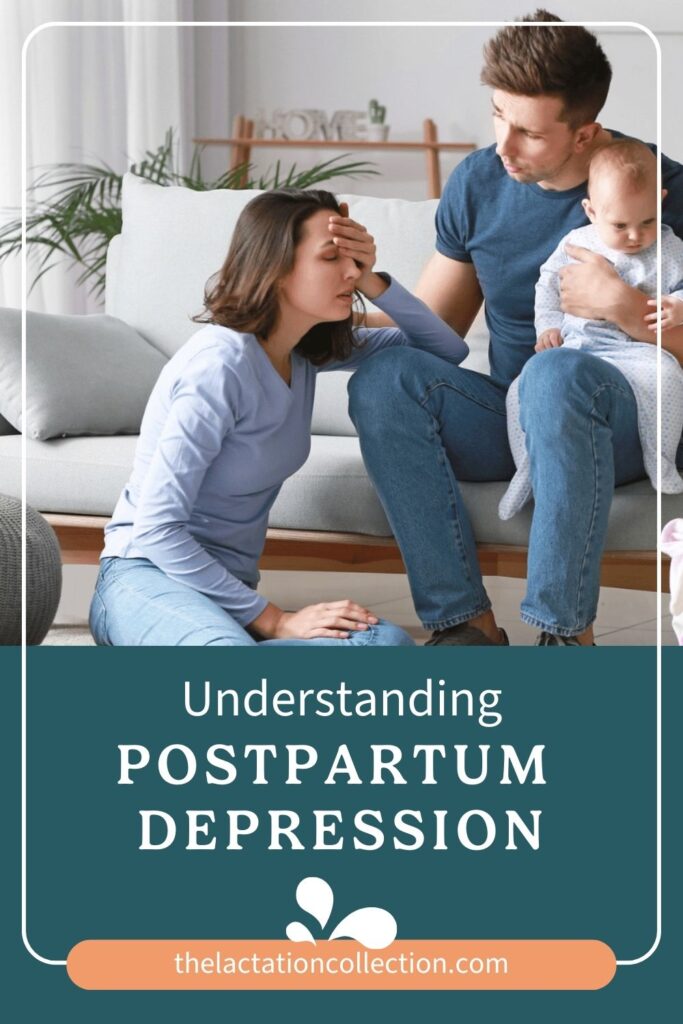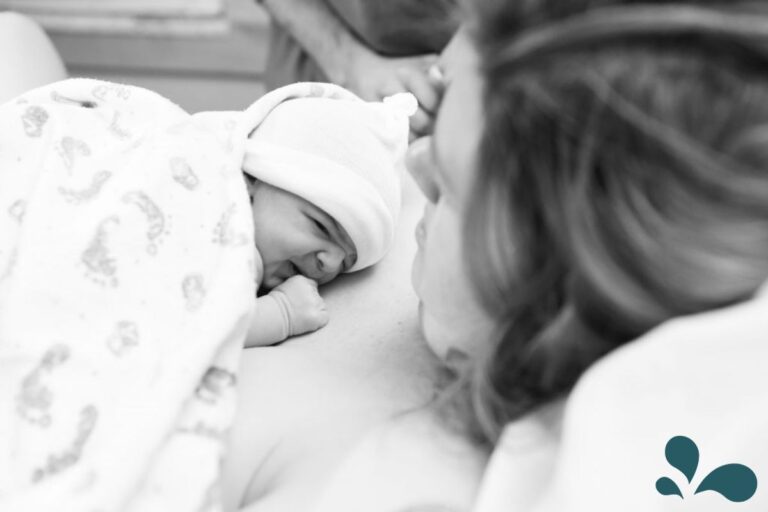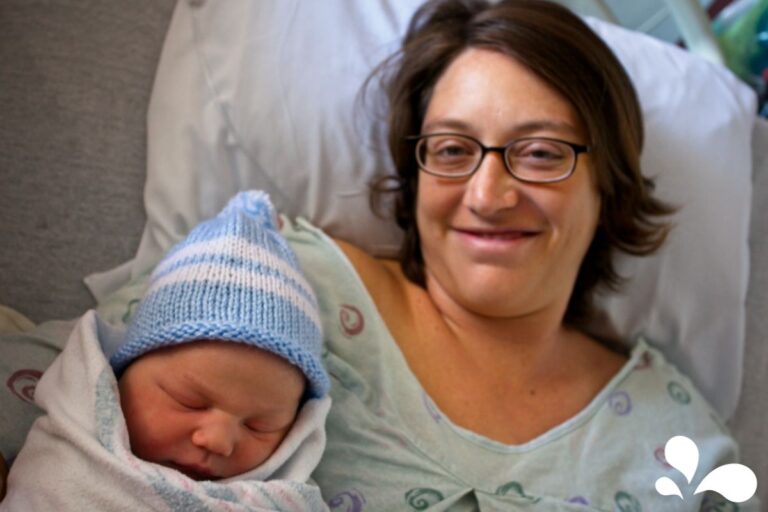What is PPD?
Postpartum Depression (PPD) is one of several Perinatal Mood and Anxiety Disorders that commonly impact mothers (and some fathers) worldwide. Postpartum (also known as Peripartum) Depression is an episode of depression that occurs during and/or after pregnancy. PPD occurs in both women and men. There is no single cause of Postpartum Depression. Both the physical and emotional changes that occur naturally when a new child enters the world can contribute to developing Postpartum Depression in both men and women.

How many people does PPD affect?
PPD affects more people than you’d think; it impacts 15% of parents worldwide. Unfortunately, in Utah (my home state), our rates are double that — 30% of all Utah parents experience PPD. The rates have risen during the most recent pandemic, though statistics are not yet available.
What are the symptoms?
Understanding the symptoms of Postpartum Depression can help you identify PPD faster so you can help yourself or your loved ones should these symptoms arise. Postpartum Depression’s characteristics include the following (source):
- Depressed mood or severe mood swings
- Excessive crying
- Difficulty bonding with your baby
- Withdrawing from family and friends
- Loss of appetite or eating much more than usual
- Inability to sleep (insomnia) or sleeping too much
- Overwhelming fatigue or loss of energy
- Reduced interest and pleasure in activities you used to enjoy
- Intense irritability, anger, and/or rage
- Fear that you’re not a good mother
- Hopelessness
- Feelings of worthlessness, shame, guilt, or inadequacy
- Diminished ability to think clearly, concentrate, or make decisions
- Restlessness
- Severe anxiety and panic attacks
- Thoughts of harming yourself or your baby
- Recurrent thoughts of death or suicide
If these symptoms persist for longer than two weeks, please see a doctor. If you ever experience severe panic attacks, thoughts of harm, or thoughts of suicide, please reach out for immediate help.
Postpartum Depression differs from Baby blues. Baby blues occurs in 70% of women, beginning 24–72 hours after birth, and only lasts for a few days. Baby blues is characterized by feeling more emotional, sad, tired, or worried. If these issues persistently arise a week or more after giving birth, it is likely PPD.

Risk factors
Postpartum Depression can impact the life of any mom, but it’s more likely in mothers who have one or more of the following risk factors (source):
- You have a history of depression, either during pregnancy or at other times
- You have bipolar disorder
- You had postpartum depression after a previous pregnancy
- You have family members who’ve had depression or other mood disorders
- You’ve experienced stressful events during the past year, such as pregnancy complications, illness, moving, or job loss
- Your baby has health problems or other special needs
- You have twins, triplets, or other multiple births
- You have difficulty breast-feeding
- You’re having problems in your relationship with your spouse or significant other
- You have a weak support system
- You have financial problems
- The pregnancy was unplanned or unwanted
If you or a loved one have one or more of these risk factors, we highly recommend developing a PPD plan before giving birth (if not before pregnancy).

Where can I find support?
No matter where you live or what your circumstances are, you have support. These are some resources I highly suggest:
- The Emily Effect for stories of brave women like you
- Postpartum Support International (PSI Utah if you’re local) for support groups or dial 1-800-944-4773 to talk to someone who has gone through this (#1 for Spanish, #2 for English)
- Maternal Mental Health Referral Network (Utah) for finding health providers (doulas, midwives, lactation consultants, nurse practitioners, doctors, etc.) with maternal mental health training
- Suicide Prevention Lifeline for thoughts of self-harm
You are not alone
There is hope! You are not alone in this. Millions of women worldwide experience Postpartum Depression each year. Like other mental health struggles, Postpartum Depression is treatable. You’ve got this, mama.








